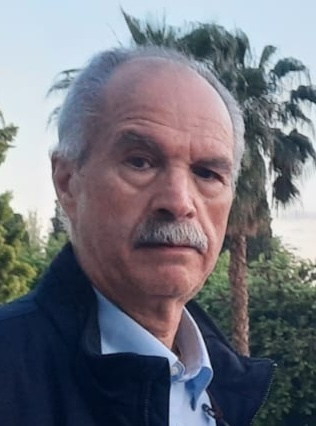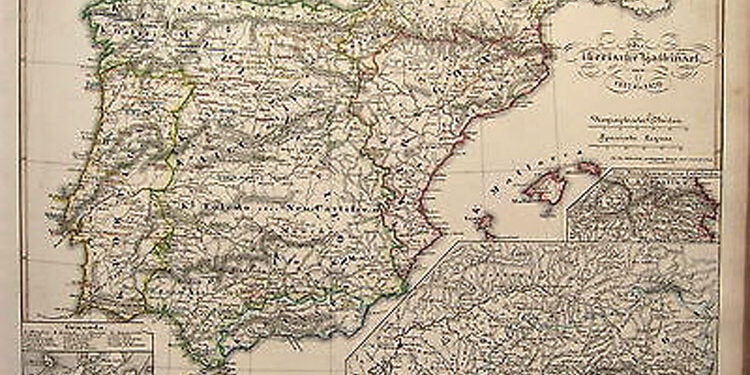Mohamed Guma Bilazi
Writer and international analyst

One curious fact caught my attention, as a Muslim living in Spain for more than half a century: the delay of the midday call to prayer until 2:30 p.m., while in Baghdad or Cairo, for example, it was usually closer to 1:00 p.m.
At first, I thought it was due to the Maliki school of jurisprudence, given that most mosque administrators were Moroccan. It is well known that Maliki jurisprudence was as widespread in Morocco as in Al-Andalus. However, the remaining prayer times and observations of the sun’s movement revealed otherwise.
In 1940, General Francisco Franco decided to change the country’s official time to align it with Berlin Time (UTC+1), due to his alignment with the Third Reich regime. This occurred despite Spain’s geographical location, which placed it closer to the Greenwich Meridian (UTC).
Since then, the days have become longer in Spain than in its closest neighbors: Morocco, Portugal, and France. Consequently, all Islamic prayers have been delayed by one or two hours, depending on summer or winter time.
I remember once being on the bus, it was snowing heavily. The news said it hadn’t snowed this much in 33 years! The bulldozers couldn’t handle the enormous amount of snow. Suddenly, the bus driver turned to an elderly woman sitting next to me and said, “You see, ma’am? If this had happened in Europe, would you have seen the bulldozers working at full speed to clear the snow?”
These incidents, and others, reveal a fundamental aspect of Spanish identity: it is a country not prone to high self-esteem and often acts more reactively than proactively. Even when it possessed a vast empire, the result of a sudden economic surplus rather than a continuous intellectual or philosophical accumulation, this explains the absence of Spanish philosophical schools comparable to those of Germany, France, Italy, or England.
The Phoenicians were the first to found cities in Spain, creating trading centers on its southern coasts, such as Cadiz and Malaga. The Greeks followed them and established colonies on the eastern and northeastern coasts. Hispania subsequently came under Roman rule and became a province of the empire, but it did not achieve the importance of other provinces, such as North Africa (Tunisia, northern Libya, and Algeria), Gaul (France and Belgium), or Egypt, considered Rome’s most important province at the time.
Even the period of Islamic rule in Al-Andalus remains the subject of social debate as to whether it belonged to Spain, as a representative example of its history, or whether Spain itself geographically belonged to Islamic rule.
Furthermore, during the imperial era, in the 16th and 17th centuries, enormous wealth in gold was accumulated, which surprised even the authorities. However, it was not invested to achieve a true renaissance in Spain; instead, it manifested itself in the Inquisition, the Wars of Religion, economic exhaustion, famine, and terrible internal poverty.
Spain lacks an era to boast about, and I’m not referring to moral idealism, but rather to a pride of absolute superiority. Modern Spain was an entity formed on the basis of power alliances, and therefore, the literary and artistic movement flourished because the country lived between the height of military and political power and suffocating internal crises.
This contradiction between the prosperity of power and the weakness of the nation generated enormous artistic and literary potential.
In literature, we find names like Miguel Cervantes, Tirso de Molina, and Lope de Vega.
In the artistic sphere, we find Francisco de Goya, Vicente López Portaña, and Luis Paret.
Perhaps the roots of this feeling that Spain didn’t have a complete era to be proud of made Spanish society less prone to chauvinism than its European neighbors.
According to a study by the Pew Research Center, Spain ranked last in Europe on the chauvinism index, at 20%.
Anyone who watched Prime Minister Pedro Sánchez’s recent speech, in which he made difficult decisions regarding Spain’s relationship with the Zionist entity, would have noticed that he began justifying the bold decision by reminding people of its weakness. I quote: “Spain does not have nuclear energy, aircraft carriers, or vast oil reserves, and on its own it cannot prevent the genocide being committed in Gaza, but it will try.”
Therefore, what is sometimes perceived as a weakness in the national historical narrative may actually be the secret of the broadmindedness of the Spanish people, who see themselves as a less closed nation and more willing to acknowledge the contradictions of their past.







